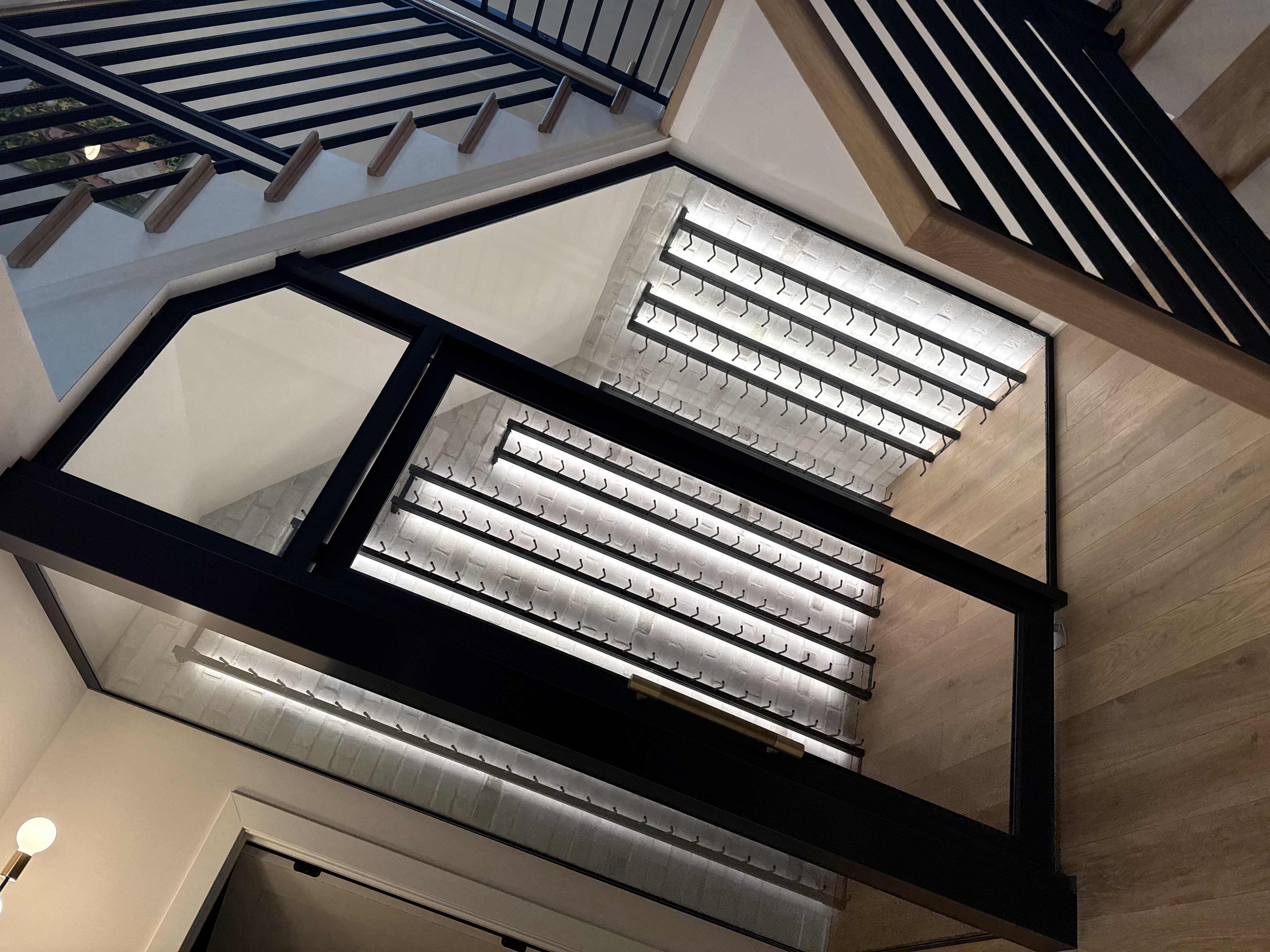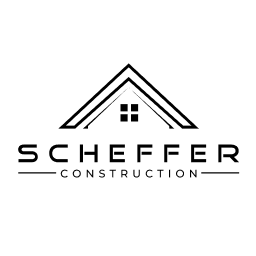August 25, 2025
Understanding Building Permits and Regulations for Custom Homes
Comprehensive guide to building permits regulations and approval processes for custom home construction in greater metropolitan area.

Navigating building permits and regulations represents one of the most complex aspects of custom home construction requiring expertise in municipal codes submission requirements and approval processes. At Scheffer Construction with over 20 years of experience building custom homes throughout the greater metropolitan area we understand the regulatory landscape and help clients navigate these requirements efficiently.
Proper permit management ensures legal compliance protects homeowner investments and prevents costly delays or violations during construction. Understanding these requirements helps homeowners appreciate the importance of working with experienced builders who manage regulatory compliance professionally.
Building permits serve as official authorization for construction projects ensuring proposed work meets safety standards structural requirements and community regulations. These permits protect both homeowners and communities by ensuring construction quality and compliance.
Permit requirements apply to virtually all custom home construction including new construction additions renovations and even some minor improvements. The scope of required permits depends on project complexity local regulations and the type of work being performed.
Safety standards enforced through building permits include structural integrity electrical safety plumbing adequacy and fire protection measures. These requirements protect occupants while ensuring construction meets professional standards.
Community standards addressed through permits include zoning compliance setback requirements height restrictions and architectural guidelines that maintain neighborhood character and property values.
Custom home construction typically requires multiple permits addressing different aspects of the building process. Understanding these various permit types helps homeowners appreciate the complexity of regulatory compliance.
Building permits cover the primary structure including foundation framing roofing and exterior elements. These permits require detailed construction documents that demonstrate compliance with building codes and structural standards.
Electrical permits ensure electrical systems meet safety standards and code requirements. Professional electrical design and installation must be documented and inspected to ensure safe reliable operation.
Plumbing permits cover water supply systems drainage systems and fixture installations. Professional plumbing design ensures adequate water supply proper waste removal and code compliance throughout the home.
Mechanical permits address HVAC systems including heating cooling and ventilation equipment. Professional HVAC design ensures efficient climate control while meeting energy efficiency and safety requirements.
Specialty permits may be required for features like swimming pools fireplaces solar installations or other unique systems. These permits ensure specialized installations meet appropriate safety and performance standards.
Zoning regulations control land use and development density while ensuring compatibility with surrounding neighborhoods. Understanding zoning requirements is essential before beginning design development or permit applications.
Setback requirements specify minimum distances between structures and property lines ensuring adequate space for utilities maintenance and neighborhood compatibility. These requirements vary by zoning district and lot characteristics.
Height restrictions limit building height to maintain neighborhood character and ensure compatibility with existing development patterns. Height calculations can be complex involving various measurement methods and exceptions.
Lot coverage limitations restrict the percentage of property that can be covered by structures ensuring adequate green space and drainage. These calculations include all structures including garages decks and accessory buildings.
Use restrictions ensure residential construction is appropriate for the zoning district while preventing commercial or industrial uses in residential areas. Home-based businesses may require special approvals or permits.
Permit application processes vary by municipality but generally require detailed construction documents that demonstrate code compliance and project feasibility. Professional preparation ensures applications are complete and accurate.
Construction documents must include architectural plans structural engineering mechanical electrical and plumbing designs. These documents provide detailed information about all construction elements and demonstrate compliance with applicable codes.
Site plans show property boundaries existing conditions proposed construction and compliance with zoning requirements. Professional site plans include topography utilities drainage and landscaping information.
Application submittal requires completed forms appropriate fees and all required documentation. Missing information or incomplete applications result in delays and potential rejection requiring resubmission.
Review timelines vary by municipality and project complexity but typically range from 2-8 weeks for initial review. Complex projects or busy review periods may extend timelines requiring careful planning and coordination.
Building inspections occur throughout construction to verify compliance with approved plans and applicable codes. Understanding inspection requirements helps coordinate construction scheduling while ensuring quality control.
Foundation inspections typically occur after excavation and forming but before concrete placement. These inspections verify proper preparation reinforcement placement and compliance with structural requirements.
Framing inspections occur after structural framing is complete but before insulation or drywall installation. These inspections verify structural integrity proper connections and compliance with approved plans.
Rough-in inspections cover mechanical electrical and plumbing systems after installation but before concealment behind walls or ceilings. These inspections ensure system safety proper installation and code compliance.
Insulation inspections may be required in some jurisdictions to verify proper installation and energy efficiency compliance. These inspections ensure insulation meets code requirements and building performance standards.
Final inspections occur after construction completion to verify overall compliance with approved plans and applicable codes. Successful final inspection allows issuance of occupancy permits and project completion.
Building codes establish minimum standards for construction quality safety and performance while providing flexibility for various design approaches and construction methods.
International Building Code forms the foundation for most municipal building codes though local amendments and modifications are common. Understanding local code variations requires experience with specific municipal requirements.
Structural codes ensure buildings can withstand expected loads including dead loads live loads wind loads and seismic forces. Professional structural engineering ensures compliance while optimizing construction efficiency.
Energy codes require buildings to meet minimum efficiency standards through insulation requirements window specifications and mechanical system efficiency. These codes reduce energy consumption while ensuring occupant comfort.
Fire safety codes address fire prevention detection and suppression systems while ensuring adequate egress in emergency situations. These requirements protect occupants while supporting emergency response effectiveness.
Permit applications can encounter various issues requiring professional expertise to resolve while maintaining project timelines. Understanding common problems helps prevent delays and ensures successful approval.
Incomplete applications are the most common cause of permit delays often resulting from missing documentation inadequate detail or failure to address review comments. Professional application preparation prevents these problems.
Code compliance issues may arise from design elements that don't meet current standards or local requirements. Professional design and review ensure compliance before application submission.
Zoning violations can occur when proposed construction doesn't meet setback coverage or use requirements. Professional site analysis and design prevent zoning problems before application submittal.
Engineering requirements may be needed for complex structural systems unique site conditions or special design features. Professional engineering ensures compliance while supporting design objectives.
Professional permit management provides expertise efficiency and accountability while protecting homeowner interests throughout the approval process. Experienced builders understand regulatory requirements and manage compliance systematically.
Professional relationships with municipal officials expedite review processes while ensuring applications receive appropriate attention. Established builders maintain positive relationships that benefit client projects.
Code expertise ensures applications comply with current requirements while avoiding common pitfalls that delay approval. Professional knowledge prevents problems before they occur.
Document preparation requires technical expertise attention to detail and understanding of review requirements. Professional preparation ensures applications are complete accurate and optimized for approval.
Problem resolution requires experience with regulatory processes and ability to address issues quickly effectively. Professional builders resolve permit problems while maintaining project momentum.
Scheffer Construction provides comprehensive permit management services throughout the greater metropolitan area combining regulatory expertise with systematic project coordination to ensure smooth approval processes.
We provide permit management services throughout the greater metropolitan area with specific expertise in local municipal requirements regulations and approval processes.
Contact Scheffer Construction today to discuss permit requirements for your custom home project!
Visit www.SchefferHomes.com to learn more about our comprehensive permit management services. Our experienced team handles regulatory compliance while you focus on design and planning decisions.
Professional permit management - protecting your investment and ensuring compliance throughout the building process.
